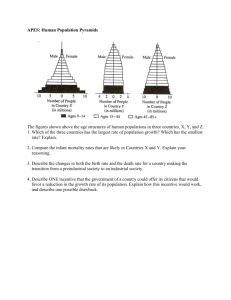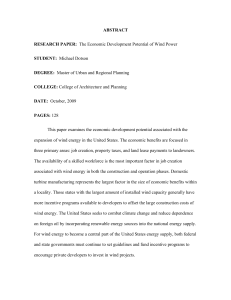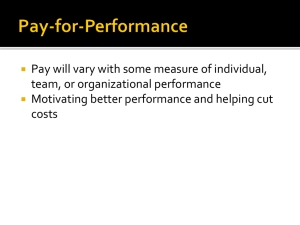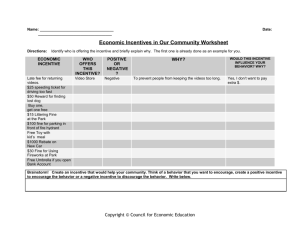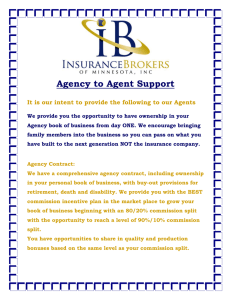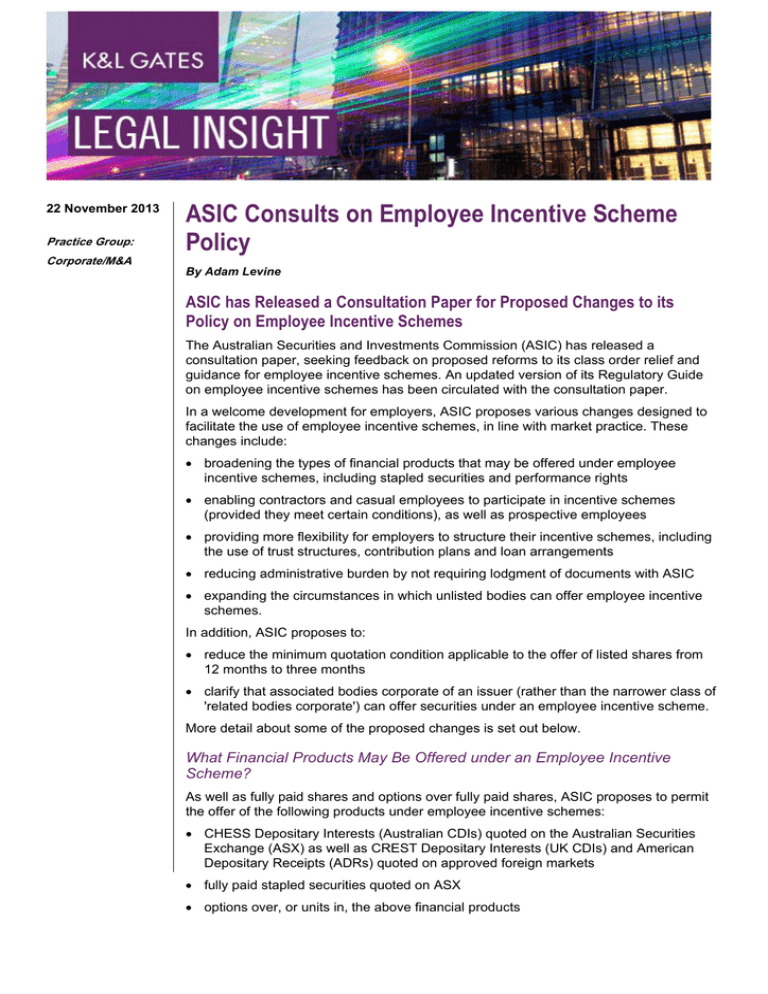
22 November 2013
Practice Group:
Corporate/M&A
ASIC Consults on Employee Incentive Scheme
Policy
By Adam Levine
ASIC has Released a Consultation Paper for Proposed Changes to its
Policy on Employee Incentive Schemes
The Australian Securities and Investments Commission (ASIC) has released a
consultation paper, seeking feedback on proposed reforms to its class order relief and
guidance for employee incentive schemes. An updated version of its Regulatory Guide
on employee incentive schemes has been circulated with the consultation paper.
In a welcome development for employers, ASIC proposes various changes designed to
facilitate the use of employee incentive schemes, in line with market practice. These
changes include:
broadening the types of financial products that may be offered under employee
incentive schemes, including stapled securities and performance rights
enabling contractors and casual employees to participate in incentive schemes
(provided they meet certain conditions), as well as prospective employees
providing more flexibility for employers to structure their incentive schemes, including
the use of trust structures, contribution plans and loan arrangements
reducing administrative burden by not requiring lodgment of documents with ASIC
expanding the circumstances in which unlisted bodies can offer employee incentive
schemes.
In addition, ASIC proposes to:
reduce the minimum quotation condition applicable to the offer of listed shares from
12 months to three months
clarify that associated bodies corporate of an issuer (rather than the narrower class of
'related bodies corporate') can offer securities under an employee incentive scheme.
More detail about some of the proposed changes is set out below.
What Financial Products May Be Offered under an Employee Incentive
Scheme?
As well as fully paid shares and options over fully paid shares, ASIC proposes to permit
the offer of the following products under employee incentive schemes:
CHESS Depositary Interests (Australian CDIs) quoted on the Australian Securities
Exchange (ASX) as well as CREST Depositary Interests (UK CDIs) and American
Depositary Receipts (ADRs) quoted on approved foreign markets
fully paid stapled securities quoted on ASX
options over, or units in, the above financial products
ASIC Consults on Employee Incentive Scheme Policy
certain performance rights relating to these financial products, including rights to
underlying eligible financial products or equivalent cash amounts.
This is a welcome proposal given the general popularity of products such as performance
rights which currently require individual relief to be sought from ASIC, which is a timely
and costly exercise.
Who Can Participate in Employee Incentive Schemes?
As well as full time and part time employees (including executive directors), ASIC
proposes permitting other categories of staff to participate in incentive schemes, on
certain conditions, including the following.
Contractors
The contractor must have worked for the employer for 12 months before the offer is
made, on the pro-rata equivalent of 80 percent or more of a full time position.
The employer must intend to continue employing the contractor for a further 12
months.
Casual employees
The employee must have worked for the employer for 12 months before the offer is
made. During that time, worked the pro-rata equivalent of 40% or more of a full time
position.
Non-executive directors
Non-executive directors may participate in incentive schemes offered only to nonexecutive directors, but not in general employee incentive schemes.
An incentive scheme for non-executive directors is limited to the offer of shares,
depository interests or stapled securities (and may not extend to performance rights or
options).
Non-executive directors must contribute their own funds to acquire the products,
which can occur through a contribution plan, but must not involve a loan or other
financial assistance.
Structuring Employee Incentive Schemes
In line with market practice, ASIC proposes to permit employee incentive schemes to use
a trust structure, in which the trustee may hold specific products on trust for specific
employees, or it may hold products in a pool, on trust for the scheme participants
generally.
Feedback on the consultation paper is due by 31 January 2014. If you are considering
making submissions on the consultation paper, please let us know and we will be happy
to assist.
As an alternative to the proposed changes summarised above, ASIC has noted that two
other alternatives are available: to maintain its existing approach, subject to some minor
updates; or to make changes without imposing investor protection conditions on
employers. ASIC does not recommend these alternatives, but is interested in receiving
any feedback on them, as well as its recommended changes.
2
ASIC Consults on Employee Incentive Scheme Policy
Author:
Adam Levine
adam.levine@klgates.com
+61.8.9216 0965
Anchorage Austin Beijing Berlin Boston Brisbane Brussels Charleston Charlotte Chicago Dallas Doha Dubai Fort Worth Frankfurt
Harrisburg Hong Kong Houston London Los Angeles Melbourne Miami Milan Moscow Newark New York Orange County Palo Alto
Paris Perth Pittsburgh Portland Raleigh Research Triangle Park San Diego San Francisco São Paulo Seattle Seoul Shanghai
Singapore Spokane Sydney Taipei Tokyo Warsaw Washington, D.C. Wilmington
K&L Gates practices out of 48 fully integrated offices located in the United States, Asia, Australia, Europe, the Middle East and
South America and represents leading global corporations, growth and middle-market companies, capital markets participants and
entrepreneurs in every major industry group as well as public sector entities, educational institutions, philanthropic organizations
and individuals. For more information about K&L Gates or its locations, practices and registrations, visit www.klgates.com.
This publication is for informational purposes and does not contain or convey legal advice. The information herein should not be used or relied upon
in regard to any particular facts or circumstances without first consulting a lawyer.
©2013 K&L Gates LLP. All Rights Reserved.
3

